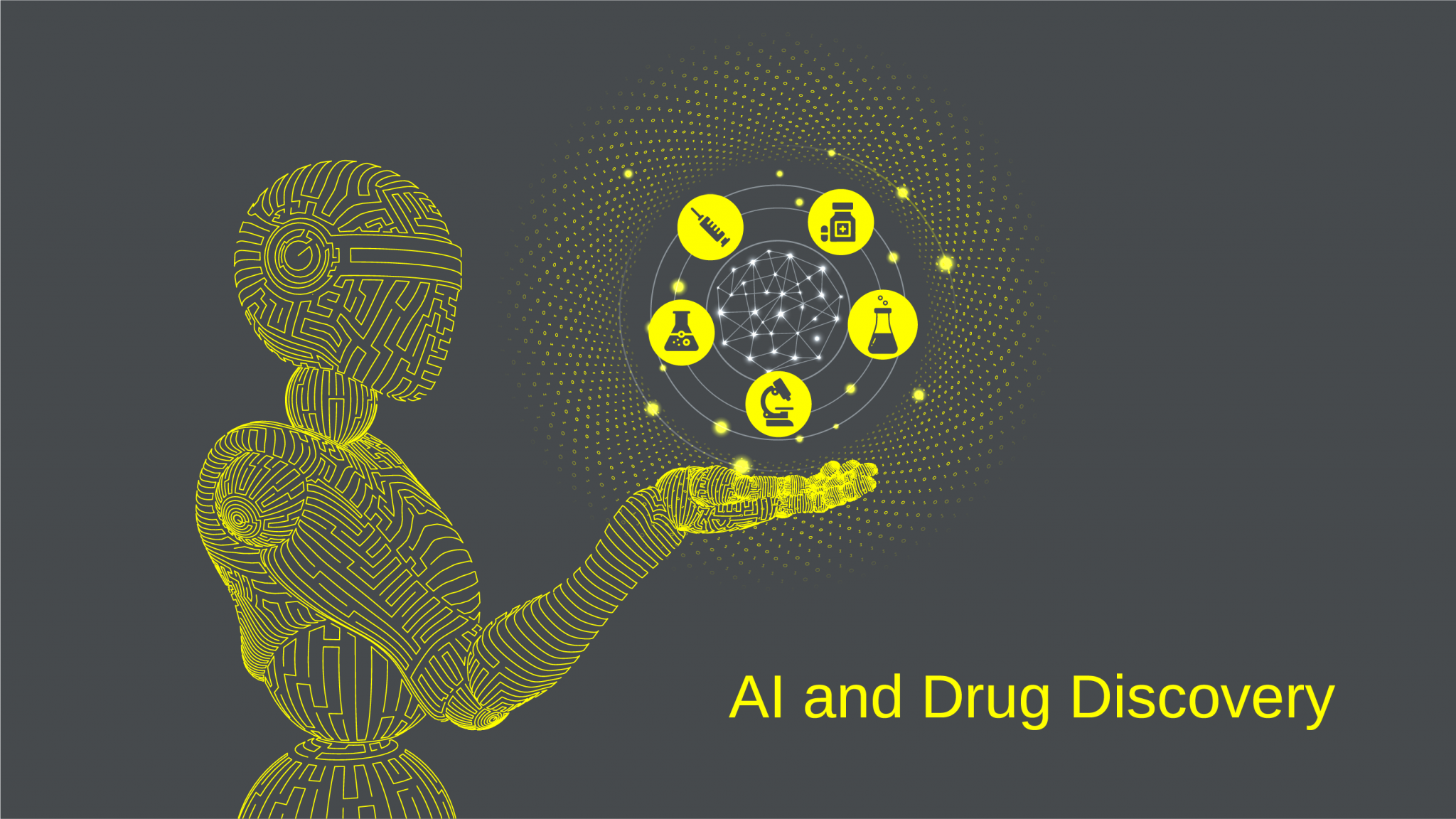
In recent years, the field of medicine has witnessed a significant revolution with the advent of artificial intelligence (AI) technology. One of the most promising applications of AI in medicine is its role in accelerating drug discovery. The traditional process of drug discovery is time-consuming, costly, and often inefficient. However, AI has the potential to revolutionize this process by significantly reducing the time and resources required to bring new drugs to market.
One of the key ways in which AI is transforming drug discovery is through its ability to analyze vast amounts of data at a speed and scale that is impossible for humans to match. By utilizing machine learning algorithms, AI can quickly identify patterns and relationships within massive datasets, such as genomic data, chemical structures, and clinical trial results. This allows researchers to uncover potential drug candidates more efficiently and accurately than ever before.
AI is also enabling researchers to explore new avenues for drug discovery that were previously unattainable. For example, AI algorithms can predict how a drug will interact with specific biological targets, helping researchers design more effective and targeted therapies. Additionally, AI can identify potential side effects or toxicities of a drug early in the development process, reducing the likelihood of costly and time-consuming failures in later stages of drug development.
Another significant benefit of AI in drug discovery is its ability to accelerate the process of repurposing existing drugs for new indications. By analyzing large datasets of drug properties and disease characteristics, AI can identify potential opportunities for existing drugs to be used in novel ways. This not only saves time and resources but also has the potential to bring new treatments to patients faster than traditional drug discovery methods.
Furthermore, AI can also help optimize clinical trials by identifying patient populations most likely to benefit from a particular drug, thereby increasing the chances of a successful trial outcome. By tailoring clinical trial designs to specific patient characteristics, researchers can reduce the time and cost of bringing new drugs to market while also improving patient outcomes.
Despite the tremendous potential of AI in drug discovery, there are still challenges that need to be addressed. One of the main challenges is the need for high-quality data to train AI algorithms effectively. Without access to comprehensive and accurate data, AI models may produce unreliable results. Additionally, there are ethical considerations surrounding the use of AI in drug discovery, such as issues related to data privacy and algorithm bias, which must be carefully managed to ensure the responsible use of AI technology in medicine.
Nevertheless, the opportunities presented by AI in drug discovery far outweigh the challenges. With the ability to analyze data at scale, uncover new drug candidates, repurpose existing drugs, and optimize clinical trials, AI has the potential to revolutionize the way in which new medicines are discovered and developed. As researchers continue to harness the power of AI technology, we can expect to see a rapid acceleration in the pace of drug discovery, leading to the development of more effective and targeted therapies for a wide range of diseases.
In conclusion, the next frontier in medicine lies in the transformative power of AI technology to accelerate drug discovery. By leveraging the capabilities of AI to analyze vast amounts of data, identify new drug candidates, repurpose existing drugs, and optimize clinical trials, researchers are poised to revolutionize the process of bringing new medicines to market. While there are challenges to be overcome, the potential benefits of AI in drug discovery are immense, offering new hope for patients in need of innovative and effective treatments.
